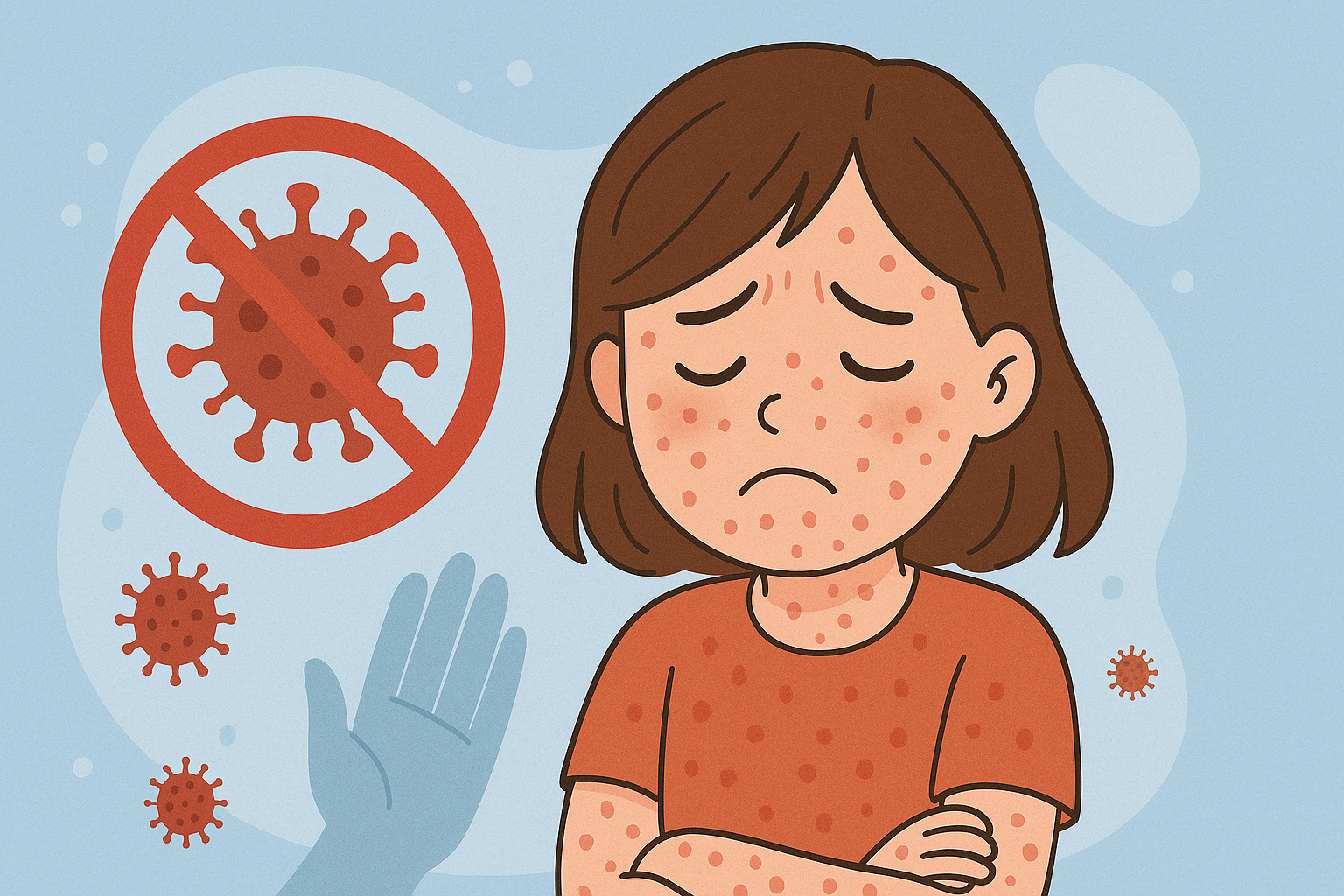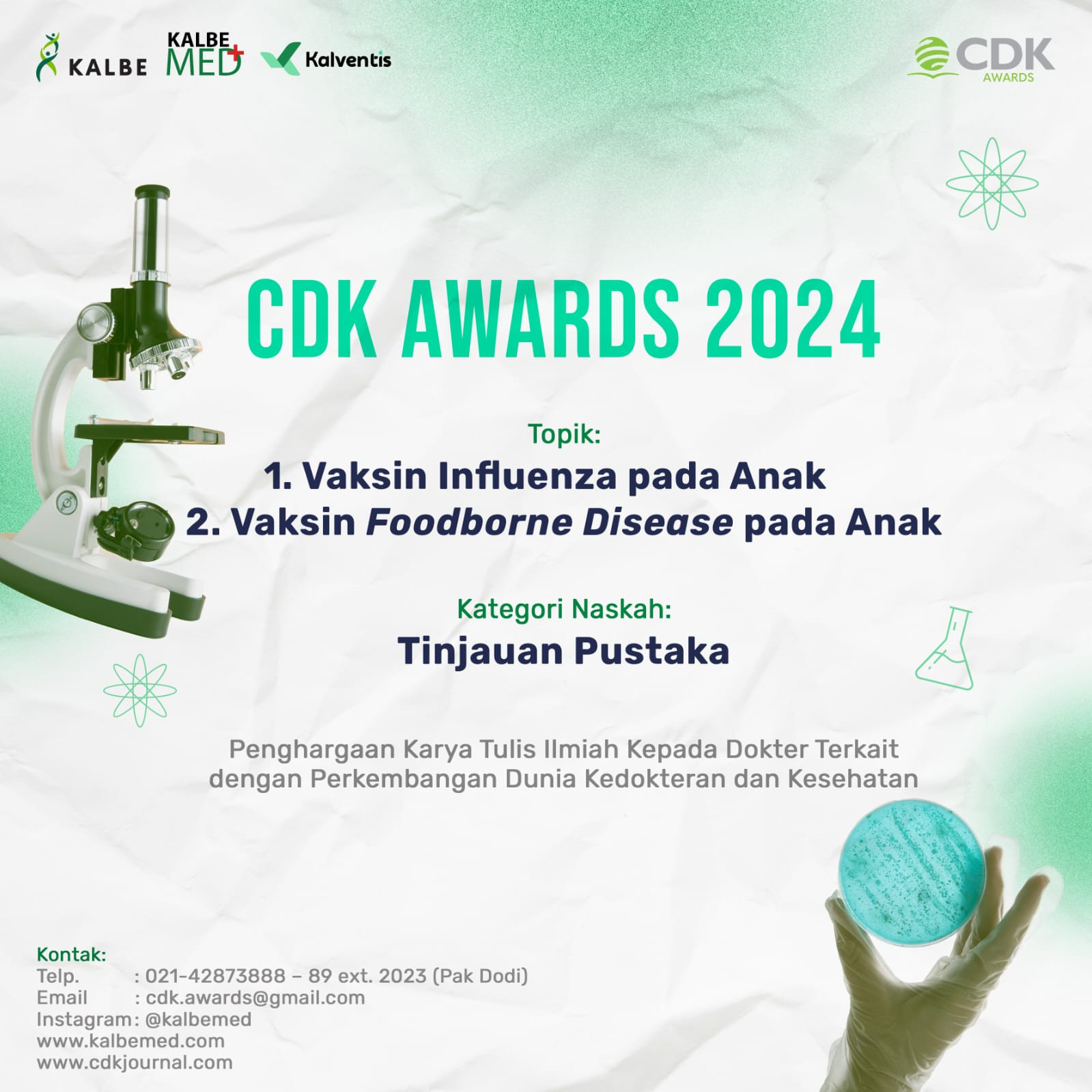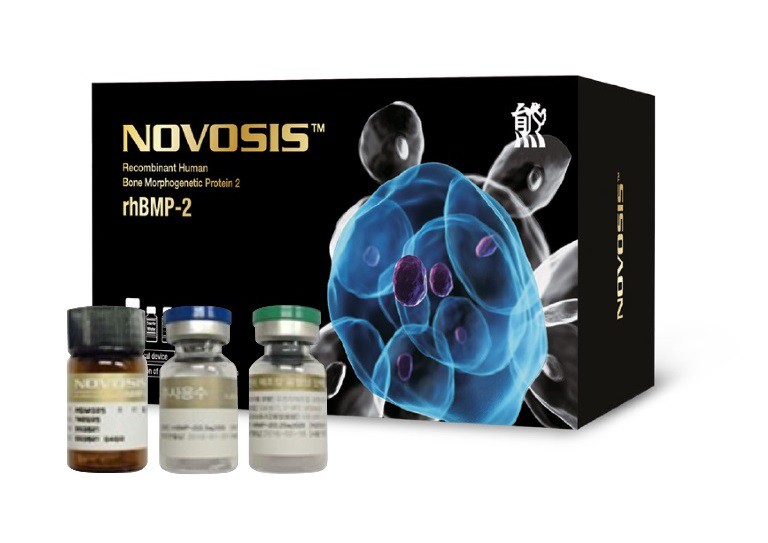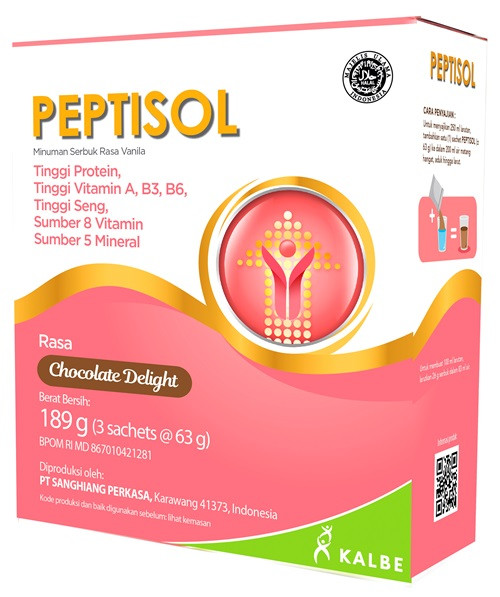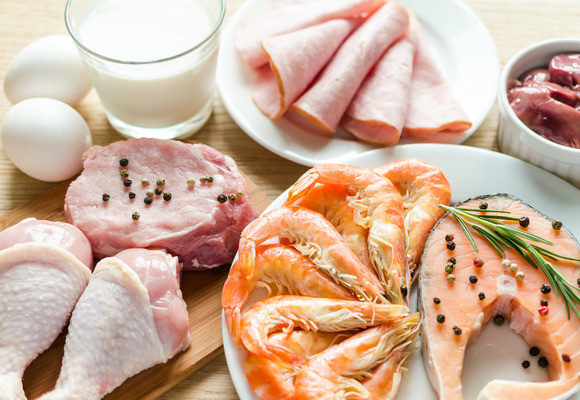
It is important to provide nutrition for babies so they can grow and develop according to their age. When a baby is 0-6 months old, nutrition is provided through breastfeeding. However, as the baby grows, breast milk alone is not enough to meet his daily nutritional needs. At the age of 6 months, babies will usually start consuming complementary foods for breast milk known as MPASI.
Meeting the nutritional needs of babies by providing the right intake is one way to prevent stunting. Stunting is a condition where children fail to thrive due to chronic malnutrition, especially in the first 1,000 days of life. From a study, strong evidence was found of a relationship between stunting and the consumption of food derived from animals. Another larger study in China showed that consumption of animal protein reduced stunting rates, especially increasing linear growth in babies. Foods of animal origin such as meat, eggs, fish and milk are known to be rich in nutrients including protein, essential fats such as omega-6 and omega-3 fatty acids, vitamins A, Fe, Zn, choline and vitamin B12, which are needed to improve growth and motor and cognitive development in infants and young children, especially those who are vulnerable to diseases caused by macronutrient and micronutrient deficiencies.
Protein is one of the macronutrients needed in human life. Protein has many functions, including for growth, formation of body structure components, as a hormone in biochemical processes in the body, transporter and storage of nutrients, as an enzyme, formation of antibodies and the immune system, regulating fluid and acid base balance, and as an energy source.
The basic structure of proteins is amino acids. Protein consists of many amino acids joined together. There are 20 types of amino acids, 9 of which are essential amino acids that the body needs, but cannot be produced by the body itself, so the need for these essential amino acids is obtained from food intake. Animal proteins such as fish, meat, poultry, eggs and others have a complete range of amino acids compared to vegetable proteins. Apart from essential amino acids, animal protein has higher levels of micronutrients (vitamins and minerals) compared to food sources of plant protein.
Animal protein has been proven to have more benefits for the body than vegetable protein in meeting the need for essential amino acids, and it has been shown that consumption of animal protein in babies and children can prevent stunting. So, make sure your child's animal protein needs are met.
Photo: Envato
References:
- Kementerian Kesehatan RI. Peran protein hewani dalam pencegahan stunting [Internet]. 2023. Available from: https://yankes.kemkes.go.id/view_artikel/2243/peran-protein-hewani-dalam-pencegahan-stunting
- Kementerian Kesehatan RI. Mengenal lebih jauh tentang stunting [Internet]. 2023. Available from: https://yankes.kemkes.go.id/view_artikel/2657/mengenal-lebih-jauh-tentang-stunting
- Tang M. The impact of complementary feeding foods of animal origin on growth and the risk of overweight in infants. National Library of Medicine. Anim Front. 2019;9(4):5-11.
- Asare H, Rosi A, Faber M, Smuts CM, Ricci C. Animal-source foods as a suitable complementary food for improved physical growth in 6 to 24-month-old children in low-and middle-income countries: A systemic review and meta-analysis of randomized controlled trials. British Journal of Nutrition [Internet]. 2022. Available from: https://www.cambridge.org/core/services/aop-cambridge-core/content/view/6427FFE371BAAC054742E8EBE8147B1D/S0007114522000290a.pdf

